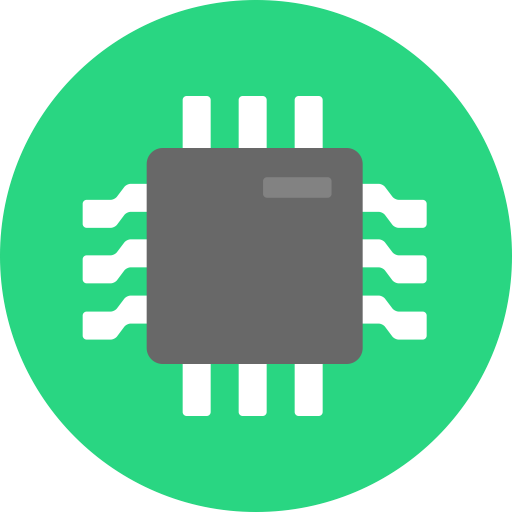

How is that? Does risc-v have magical properties that make its designers infallible, or somehow make it possible to fix flaws in the physical design after the CPU has already been fabbed and sold?


How is that? Does risc-v have magical properties that make its designers infallible, or somehow make it possible to fix flaws in the physical design after the CPU has already been fabbed and sold?


All sounds are short clicks that just repeat rapidly, if you think about it.
The sweat thing is important imo. I don’t want to show up to work or school or whatever drenched in sweat. Sometimes it’s too hot outside, or you have to ride against too strong a wind, or the terrain on your route is difficult. Either way you can easily arrive at your destination soaking wet. Unless you have an e-bike, there is no easy or convenient solution for that ç. A very real consideration that most certainly has made me not choose my bike on many occasions.
While we’re on the topic of wet, weather is also an important consideration. Keeping yourself protected against the rain on a bike is not easy.


The answer is that many languages import their demonyms from different foreign languages. The reason for the inconsistencies is the different, unrelated sources for words.


Unfortunately, as of 29.05.2024, carrying laptops in your pocket is still slightly too uncomfortable.


Clearly not the same thing. There’s no mechanism built into your very physiology that makes you biologically unable to make any meaningful use of anything above a certain amount of computer memory.
I agree, unfortunately. The only reason I stick with ddg over Google is because, unlike Google, they don’t smother me with captchas the moment I enter a VPN.


Tbh it never was. It was practically as weak as a password could get, even before becoming a meme.


Finally, a safe space to ask women how far they’re along.


Ad blockers don’t protect you against dumbass frontend devs who serve 5mb png files to be stuffed into 600x400 boxes.


They don’t allow you e.g. to be in the the same fake LAN as a friend, which is what a VPN does.
That’s not what a VPN does, that’s what a VPN can do, if desired. What a VPN does is set up an encrypted tunnel between you and some remote network. That’s it. How that remote network is laid out, how the traffic (and also what kind of traffic) is routed into/through/out of that network, and what the clients are allowed to do within are entirely up to the wishes of the network’s owner. It might very well choose to isolate you from all the other clients on the network; that’s not just a possibility, it’s actually one of VPN’s most important, most useful features.
That’s pretty much what those commercial “VPN” providers offer.
Those commercial VPN providers offer you a fully encrypted tunnel that you can route all your network traffic through if you wish. It’s just that people don’t generally use it as anything more than just a proxy. Still, the connection is a textbook VPN connection, it’s there, and it’s capable of things a regular proxy is not, if you choose to make use of them.


How is the term “proxy” more appropriate though? It’s also the technical name for a concept that already exists. VPNs are by definition broader in scope than proxies, they work at a lower level of the networking stack and have different capabilities even if most people don’t take full advantage of it. Anyway the point is that it’s not a more appropriate term.


Because that’s physically impossible for tons of people. CGNATs are very common.
Well nothing is impossible, but it does complicate things very much. Certainly outside “just run a container and call it a day” territory.
Have they given an explanation as to why that is? I mean why make it a fatal error that prevents compilation, when you could make it a warning and have the compiler simply skip it?


That’s… a rather huge drawback. Why even pay for a shield at that point?


? How would that even work? Does openwrt have a feature where it can hack into the ISP’s infrastructure and modify their QoS settings?


Ddg is my default, but I still find myself having to resort to Google when the query is not dead simple. The engine is good enough for most cases, but overall Google is just better imo.


In most actually companies you can try push to origin master, but it’ll likely get rejected by the repo’s security policies.


Using a foreign language only delays the “enemy”, which might be tactically valuable depending on the situation but the message will eventually get cracked, have no doubt about that. It’s not a secure way of hiding your information and it’s foolish to even consider it. Some forensic dude’s gonna analyze your shit and it’s all going to become 100% transparent in no time at all.
Encryption, on the other hand, can be mathematically proven to be EXTREMELY unlikely to be cracked even by the best efforts of well funded experts, when properly implemented and used.
The problem has two sides: software and hardware. You can open source the software side all you want, it’s not gonna go very far when it has to fight against the hardware instead of working with it.
ROCm is open source, but it’s AMD. Their hardware has historically not been as powerful and therefore attractive to the target audience, so it’s been going slow.